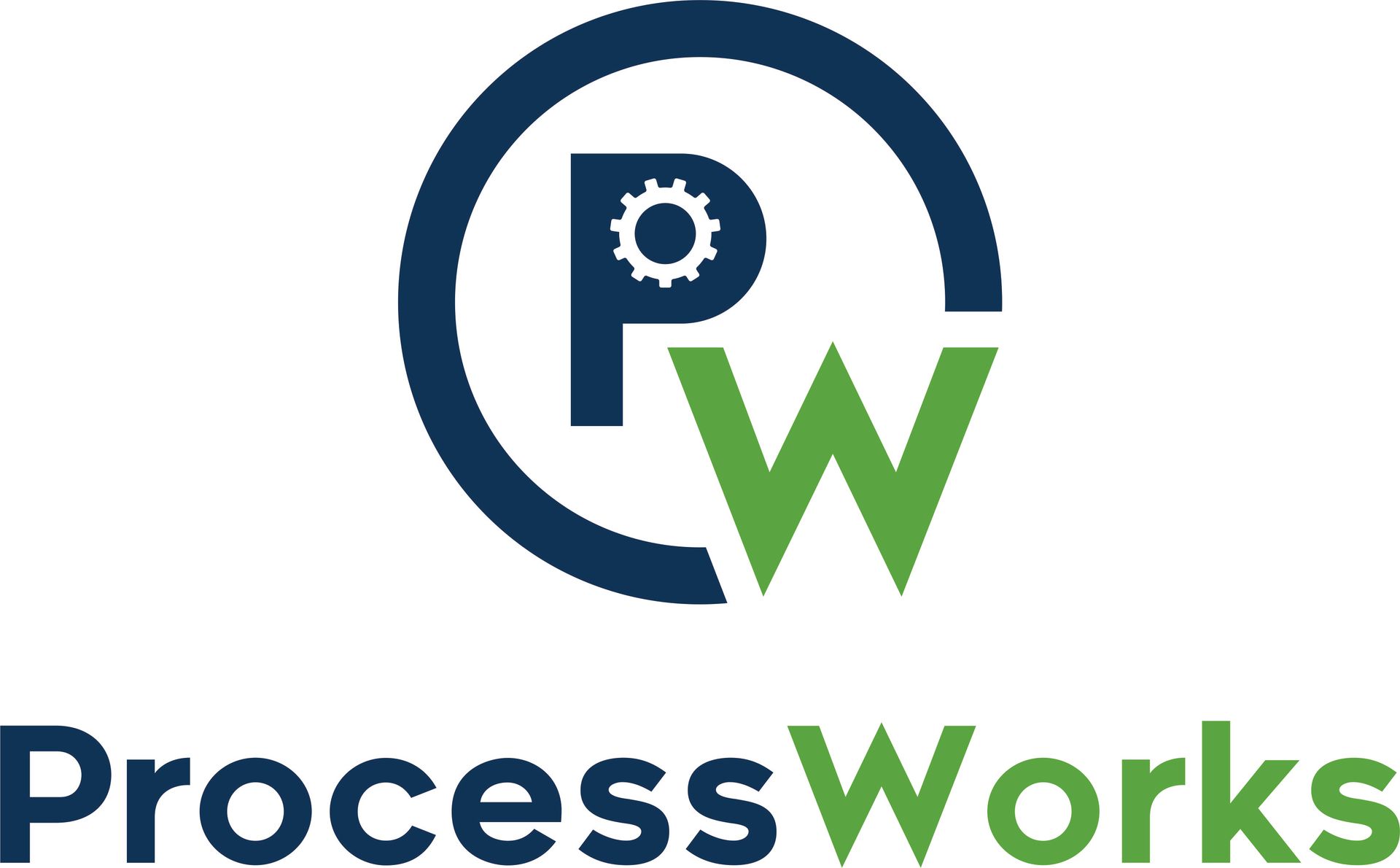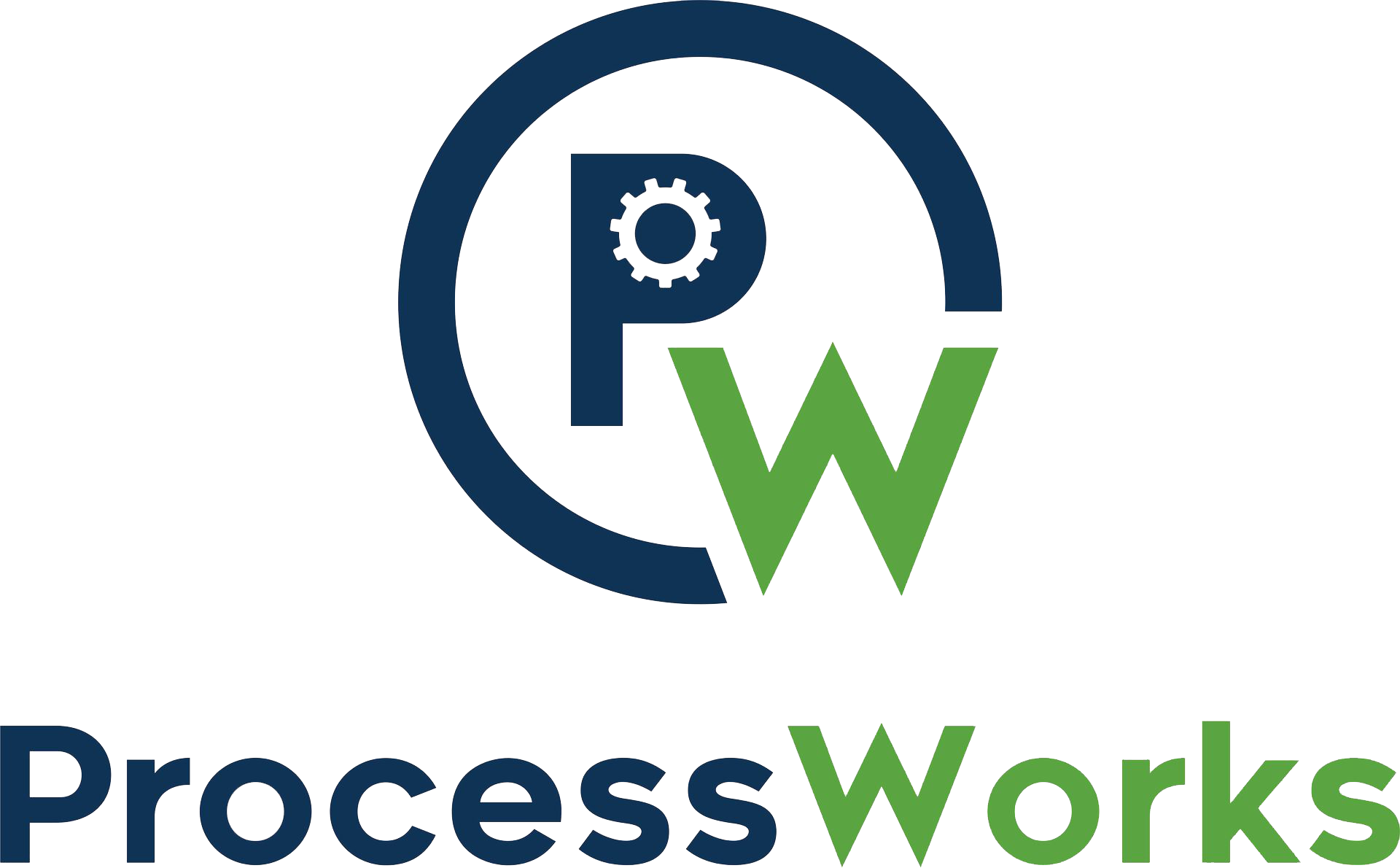The Hidden Costs of Tribal Knowledge

In many small businesses, processes and practices aren’t written down, they’re simply known. Over time, a way of doing things evolves, and long-term employees carry that knowledge in their heads. This “tribal knowledge” can seem efficient on the surface, but it hides real risks and costs. When operations depend on what only certain people know, the business becomes vulnerable in ways that may not be obvious until it’s too late.
Every small business values its team members, especially those who have been there since the early days. These employees often become walking encyclopedias of the company’s operations. The problem isn’t their knowledge or their value; the problem is that the company cannot function without them.
If only one person knows how to generate a monthly report, fix a key client’s recurring issue, or navigate a specific vendor relationship, the business is effectively dependent on that person’s continued presence. If they take a vacation, get sick, or leave the company, that knowledge goes with them. The result? Missed deadlines, unhappy customers, and costly disruptions.
A healthy business should be able to operate smoothly even when any individual team member is unavailable. That’s not just about having backup people; it’s about building systems that make the business independent of any one person’s memory.
One of the most common times the hidden costs of tribal knowledge show up is when you hire a new employee. In a workplace where “this is just how we do it” has never been documented, new hires are left to learn by trial and error or by shadowing busy colleagues who are pulled away from their own work to explain things verbally.
This approach has two major problems: It’s inconsistent because two different trainers might explain a process in two different ways, leading to confusion and mistakes. It’s also incomplete; even well-intentioned coworkers may forget to mention critical steps simply because those steps have become second nature to them.
When onboarding is slow and patchy, it takes longer for new hires to reach full productivity. This delay costs the business in wages, management time, and lost output. It also increases the risk that new employees become frustrated or disengaged before they’ve had a chance to succeed.
Perhaps the most dangerous aspect of relying on tribal knowledge is that it creates blind spots for employees - especially newer ones.
When a process isn’t documented, employees can’t check their understanding against a clear standard. They might think they’re doing something correctly when they’re not, leading to errors that go unnoticed until they cause real harm. For example, a salesperson may not realize there’s a specific approval process for discounting prices, or a bookkeeper may be unaware that certain expenses must be coded differently for tax purposes. These situations often happen because the person in question simply “doesn’t know what they don’t know”. Without a documented process to guide them, they can’t even ask the right questions. Over time, these small oversights add up to rework, compliance issues, lost sales, and unhappy customers.
The costs of tribal knowledge are rarely obvious in a single moment - they’re cumulative. They show up as inconsistent quality in products or services, bottlenecks when key people are unavailable, increased training costs for new employees, errors and rework from incomplete instructions, and reduced scalability, because the business can’t grow faster than its ability to train people verbally.
Over months or years, these inefficiencies can quietly erode profitability and stunt growth. Worse, they make the business fragile and vulnerable to the sudden loss of any employee who holds critical, undocumented knowledge.
Fortunately, the cure for tribal knowledge isn’t complicated, it just takes commitment. The goal is to capture what’s in people’s heads and turn it into clear, repeatable processes that anyone in the business can follow.
This shift isn’t about replacing your experienced employees—it’s about supporting them, protecting your business, and enabling future growth.
When processes are documented, the benefits ripple throughout the business. Faster onboarding means new hires become productive sooner. Greater consistency improves quality and customer satisfaction. Operational resilience ensures work continues smoothly even when someone is out, and Scalability becomes possible because training is no longer a bottleneck.
In short, you move from a business that depends on individuals to a business that depends on systems, which is a much stronger, more sustainable position.
Share This Post











